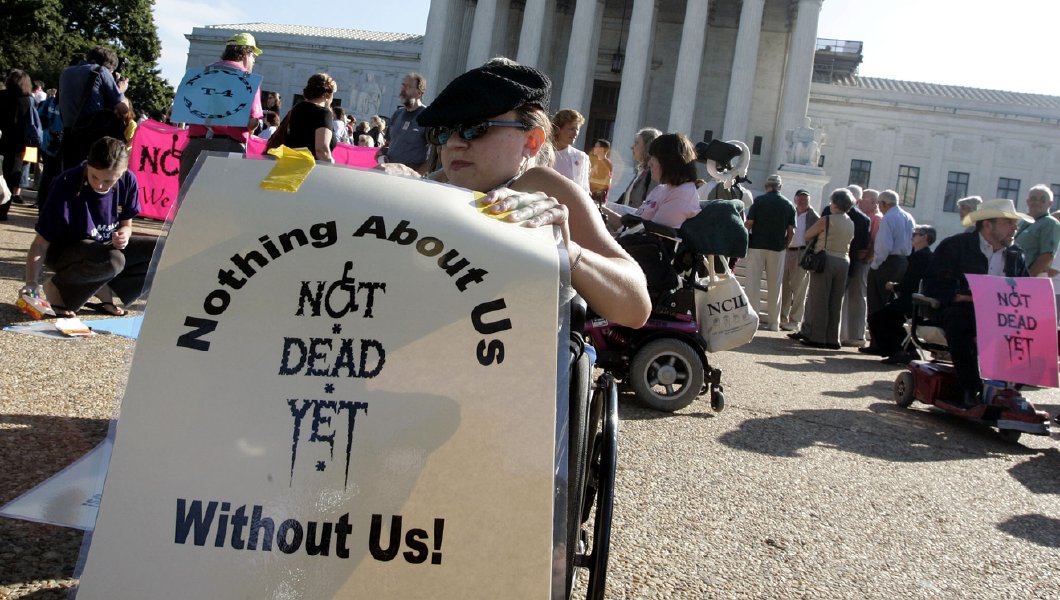
Source: The Morning Call
April 24, 2015
By Andrew D. Sumner
Senate Bill 549 to legalize physician-assisted suicide in Pennsylvania has been referred to the Senate Judiciary Committee.
As a cardiologist, I read the bill with great concern. I have cared for terminally ill patients and seen the great courage, dignity and grace with which patients have successfully faced sickness and death. If passed, SB 549 to legalize physician-assisted suicide will be a great danger to physicians, to patients and to society.
Legalizing physician-assisted suicide is dangerous for physicians. Giving doctors the power to deliberately end the lives of their patients will inevitably redefine the nature of the doctor-patient relationship and will destroy essential trust and confidence.
Physician-assisted suicide is the easy option for a busy, stressed or frustrated physician. It also gives too much power to the physician. He or she would become judge, jury and assistant executioner. A physician could convince a patient that this is a reasonable step in just the way they describe their diagnosis and prognosis.
The American Medical Association in its code of ethics highlights the dangers of physician-assisted suicide: “Physician-assisted suicide is fundamentally incompatible with the physician’s role as a healer, would be difficult to control, and would pose serious societal risks.”
Physician-assisted suicide is also dangerous for patients. The “right to die” will become the “duty to die” for senior citizens. Not wanting to be a burden, the elderly will take their own lives. Most people commit suicide due to depression. Depression is extremely common but treatable in the terminally ill.
Despite these facts, no independent mental evaluation is required prior to physician-assisted suicide. Most alarming is that in an economically challenged health care system, the cheapest form of health care for any end-stage illness is a handful of lethal medications.
Finally, physician-assisted suicide is dangerous for society. It creates a slippery slope.
In Europe, countries have slid from physician-assisted suicide to voluntary euthanasia, to nonvoluntary euthanasia and then to involuntary euthanasia. The “right” to die was given to the terminally ill, then to the chronically ill, the disabled, and finally to those not ill at all.
So-called safeguards do not in reality work. The Pennsylvania bill mandates that a consultant review the recommendation of the attending physician. This safeguard offers little protection because studies show that physicians only get a second opinion from other physicians who they know will endorse their decision about physician-assisted suicide.
Legalizing physician-assisted suicide would not give patients the right to die but would give physicians the right to kill.
A better alternative is to train more palliative-care physicians, insure adequate pain and symptom control at the end of life, encourage better identification and treatment of depression, promote hospice, and mobilize faith communities and others to provide emotional support to struggling patients and families.
H.L. Mencken summed it up, “There is always an easy solution to every human problem — neat, plausible, and wrong.”
Legalizing physician-assisted suicide is wrong. The evidence is clear. It is just too dangerous.
Andrew D. Sumner is a cardiologist who lives in Upper Saucon Township.
Copyright © 2015, The Morning Call




